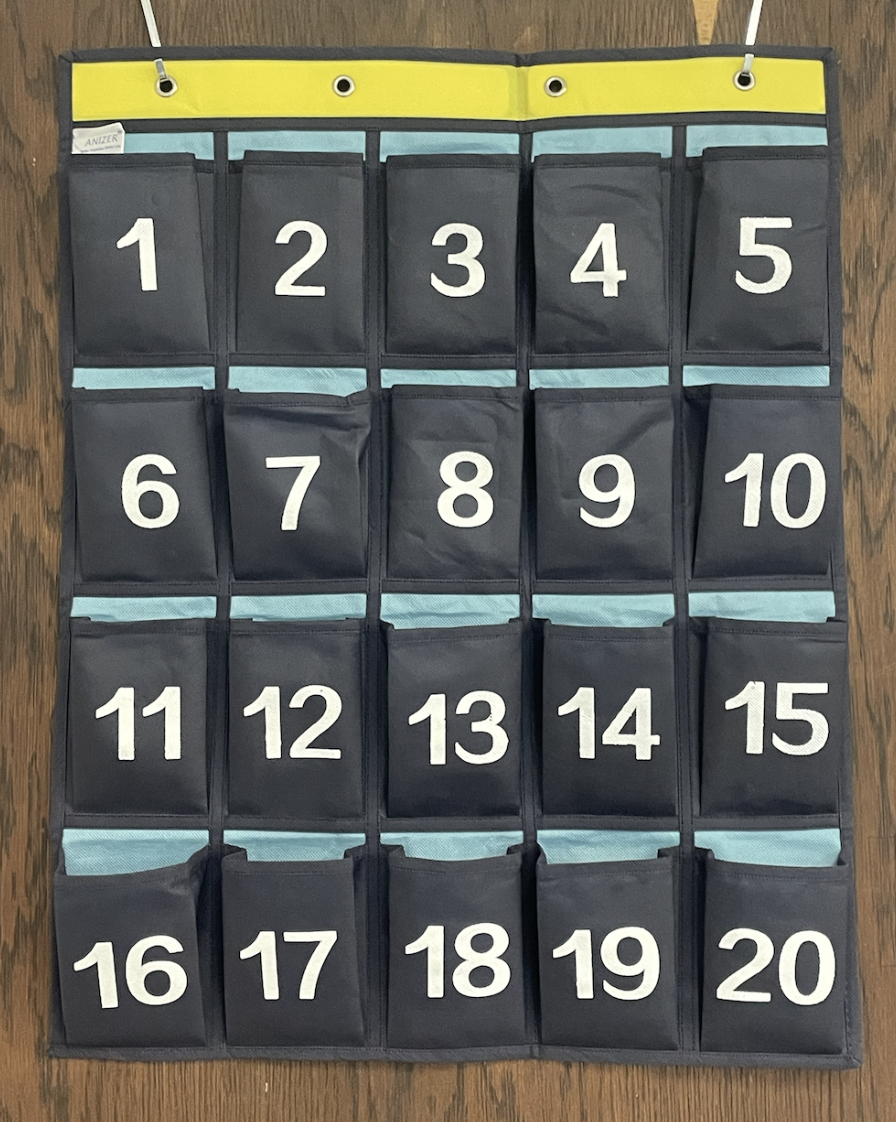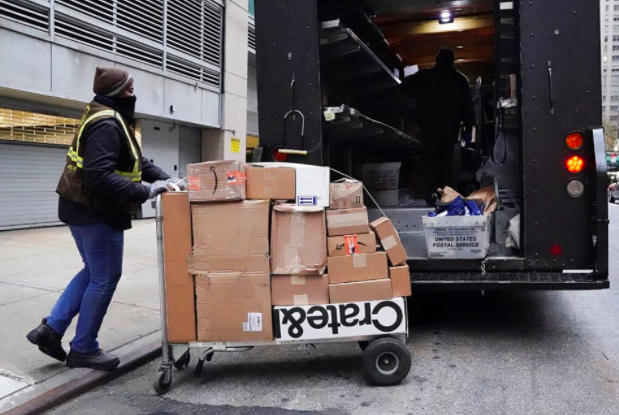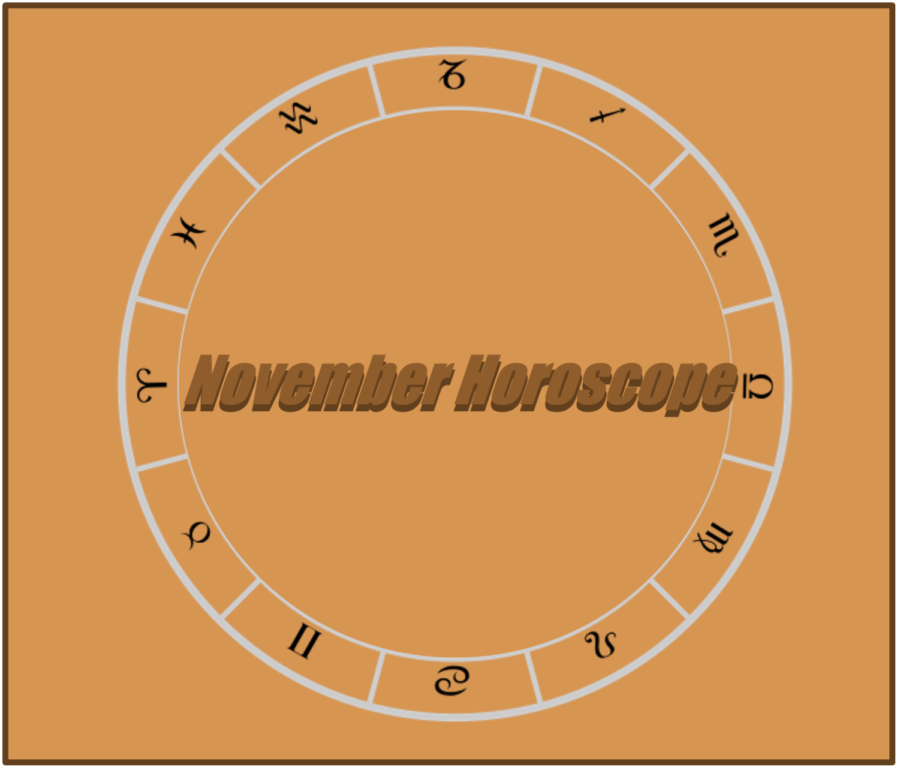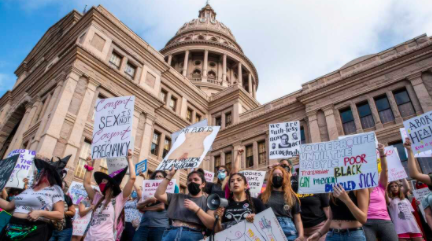Everybody’s dream is to become rich and famous. Yet, at the same time, most people not only envy celebrities, but also hate them. It seems that the rich and famous can say and do whatever they like with no repercussions. If the average Joe did some of the things that celebrities did, he would most likely be in jail. When it comes to somebody with power and influence, the only court that matters is the court of public opinion.
With the recent outbreak of scandals with the NFL, it seems appropriate to focus the attention of this article there. According to USAToday.com, since 2006, 34 of 56 domestic violence cases involving NFL players have gone unpunished by the players’ teams and the NFL itself. The majority of those cases had the charges dropped, or the offenders’ only sentences were that of community service hours and small fines. Only one of the 56 cases resulted in jail time: a sentence of only 30 days.
The case at the forefront of the media’s attention is, of course, the Ray Rice case. And while it may seem that Rice didn’t receive special treatment, he in fact received special treatment on both ends of the spectrum. When originally punished, he was suspended, with pay, for only two weeks. But, only when new video evidence was released and seen by the public, was Rice made an example of with an indefinite suspension. Even though the NFL and its commissioner possessed all the evidence when Rice was initially punished, the public hadn’t yet known about the video, so Rice wasn’t punished severely.
The only reason the situation changed is because the NFL’s public image was being tainted. The NFL did not care what Ray Rice had done because he was making money for the NFL. But when his actions came to the public eye, Rice was causing the NFL to lose money; therefore, he was cut loose.
It is not wrong to think that a celebrity can do whatever they want whenever they want. But there is a line that separates whether a celebrity receives sympathetic discipline or harsh discipline. And that line is very thin.















































